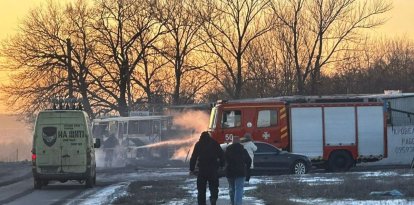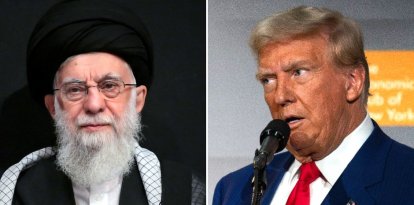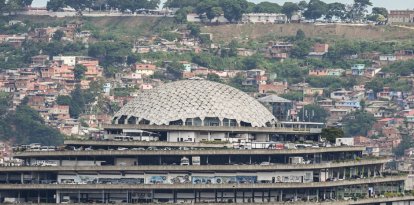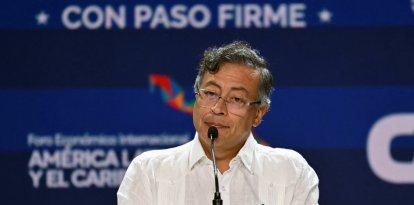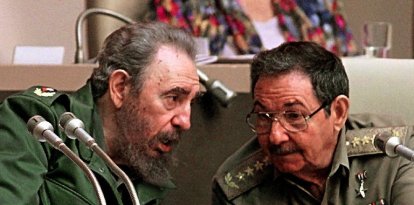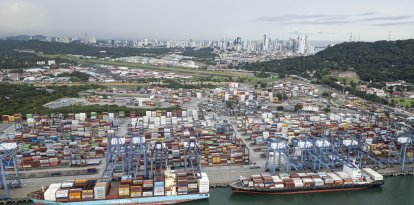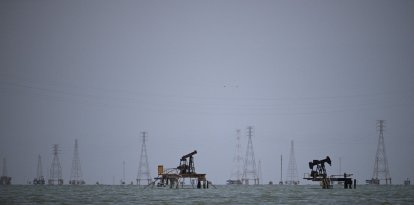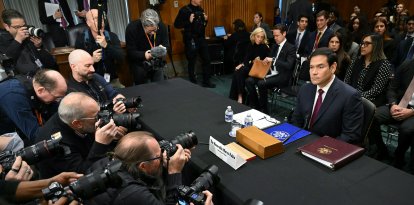ANALYSIS
WJP: Bolivia is the most corrupt country in the region and second in world ranking
Less than 60 days before its presidential elections, the Andean country is going through one of its worst economic, political and legal crises in decades.
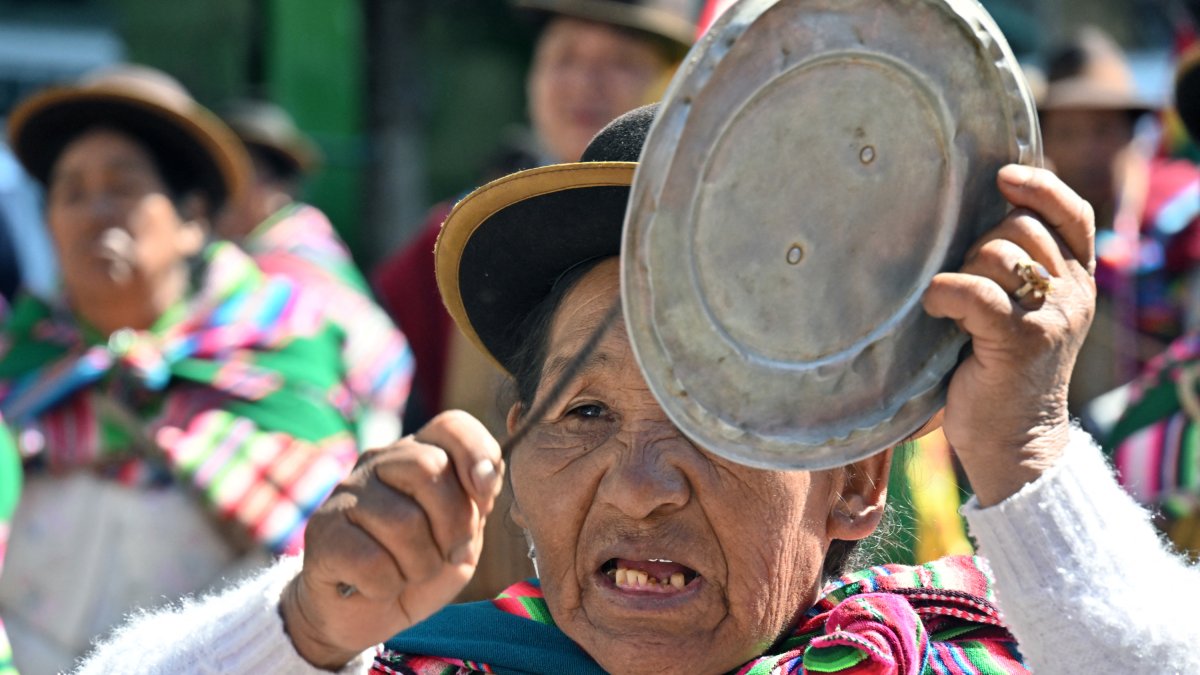
Bolivian women in a march to demand Luis Arce's government to provide a solution to the country's problems.
Bolivia was ranked as the most corrupt country in Latin America and the Caribbean, and second in this same category globally, according to the most recent Rule of Law Index by the World Justice Project (WJP), published with data from 2024.
The study released this week analyzed a total of 142 countries and jurisdictions to assess the state of the rule of law across eight main factors, including restrictions on government powers, absence of corruption, open government, fundamental rights, order and security, regulatory compliance, civil justice, and criminal justice.
- Under the second indicator "Absence of corruption"—one of the most worrisome in the analysis—, Bolivia ranked 141st out of 142 countries evaluated in the world, only above the Democratic Republic of Congo. The South American country obtained 0.23 points in this factor, which represents a drop of four positions with respect to the previous WJP report.
.
What does the "Absence of Corruption" factor measure?
- That executive officials do not use the office for private purposes.
- That Judicial Branch officials avoid misuse of office for personal gain.
- That members of the Police and the Army do not take advantage of their position for private gain.
- That officials of the Legislative Branch do not personally benefit from their position.
Among these items, the greatest weakness for Bolivia is in the one related to judicial officials, ranking 140th out of 142 nations. It is followed by corruption in the Police and the Army (ranked 137th), in the Executive (131st) and in the Legislative (120th), according to data provided by the report.
Rule of law in decline
In the global rule of law index, Bolivia ranked 131st, evidencing a sustained decline since 2015, when it registered 0.41 points, a figure that decreased to 0.24 points in 2024.
With respect to its South American neighbors, Bolivia ranked 29th out of 32 nations, only surpassing Nicaragua (137th overall and 30th regionally), Haiti (139th and 31st) and Venezuela (142nd and 32nd), which is at the bottom of both lists.
The best in the region, according to these indicators, as has been the case in recent years, are Chile (29th) and Uruguay (23rd), according to the global list. Globally, the best positioned country is Denmark, followed by Norway and Singapore.
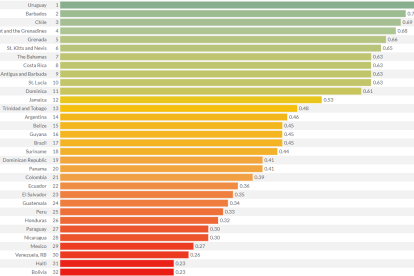
A study concluded that Bolivia is the most corrupt country in the region and the second most corrupt in the world.
Recent example: Ex-justice minister arrested six days after resignation
Former Bolivian Justice Minister César Siles, who resigned from the leftist government of Luis Arce a week ago, was arrested Thursday as part of the investigation into the Consortium case, the country's own Prosecutor's Office confirmed in a brief Facebook post.
The La Paz Prosecutor's Office issued the arrest warrant against him, after he was implicated in an investigation that uncovered an alleged network of judicial manipulation in order to favor certain actors in the justice system, through pressure and undue use of influence while he held the government position.
About the World Justice Project
The WJP describes itself on its website as "an independent, multidisciplinary organization working to promote the rule of law worldwide."
Its co-founder and executive director, William Neukom, argues that the rule of law is "the foundation for healthy communities of justice, opportunity and peace" and bases its work on four universal principles: accountability of governments and private actors, just laws, open government, and accessible and impartial justice.
Crisis ahead of presidential elections
The indicator reflects the cumulative impact of a series of economic imbalances that the country has been dragging for several years and which have worsened in recent months. All this happens in the midst of an electoral campaign process for the elections of next August 17, constant blockades, protests and fuel shortages in the Andean country.













